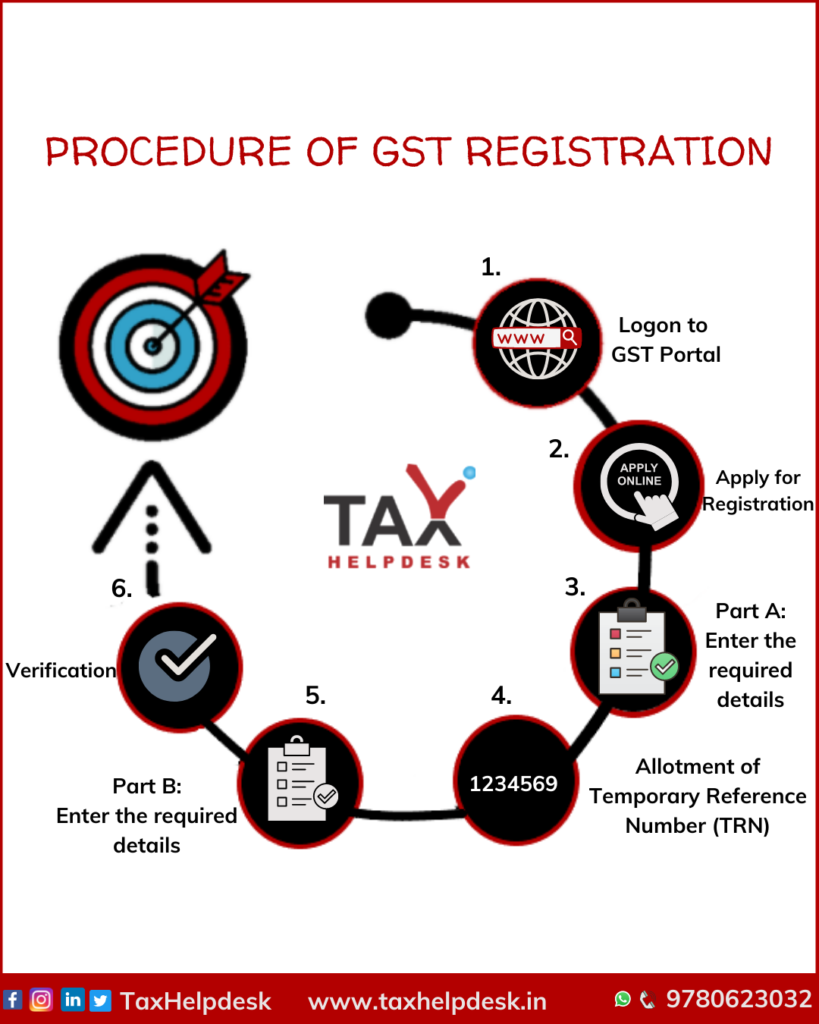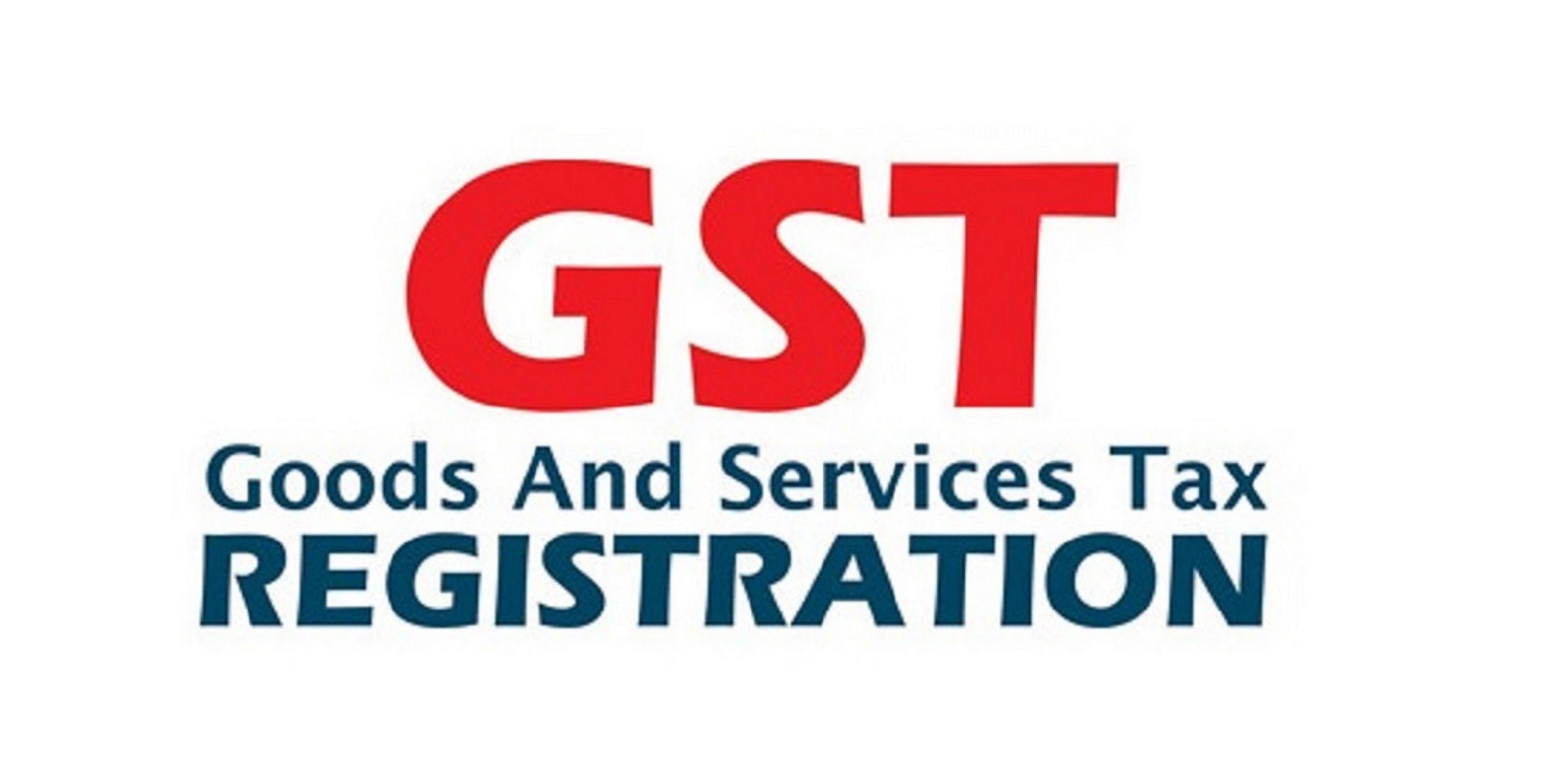Why Singapore GST Registration is Crucial for Your Start-up
Why Singapore GST Registration is Crucial for Your Start-up
Blog Article
Browsing the Complexities of GST Enrollment: Professional Tips and Best Practices for Easier Compliance
Navigating the complex landscape of Goods and Solutions Tax Obligation (GST) registration requires a keen understanding of the advancing regulatory framework and meticulous interest to information. As companies strive to guarantee conformity and stay clear of mistakes, specialist support and ideal techniques can function as invaluable compass factors in this facility surface. From analyzing enrollment demands to harnessing technological tools for streamlined processes, the trip in the direction of smoother GST compliance is nuanced and complex. Keep tuned to discover important methods and understandings that can aid businesses steer through the intricacies of GST registration with finesse and confidence.
Recognizing GST Registration Demands

Along with turn over thresholds, companies taking part in interstate sales or giving taxed services may likewise be required to sign up for GST, even if their turnover is below the prescribed restriction (Singapore GST Registration). Recognizing these thresholds and requirements is necessary to avoid fines and ensure smooth procedures within the lawful framework
Additionally, companies must collect and prepare the necessary paperwork, such as evidence of identification, address, company incorporation, and savings account information, prior to initiating the GST enrollment procedure. Stopping working to give exact information or satisfy the enrollment due dates can cause penalties or various other lawful consequences. Organizations should remain notified concerning the specific GST enrollment needs relevant to their operations to preserve conformity and stay clear of potential concerns.
Organizing Vital Documents
Businesses starting the GST enrollment process need to diligently compile and organize the crucial documentation required for submission. The essential documents usually required for GST enrollment consist of evidence of business registration or identity, address and consolidation proofs of the organization proprietors or partners, savings account details, evidence of principal workplace, and authorization types. Making certain that these documents are conveniently offered and arranged can improve the enrollment process and protect against hold-ups or denials.
To efficiently organize vital paperwork, companies must produce a centralized system for saving and classifying the called for documents (Singapore GST Registration). Utilizing electronic storage space solutions can help preserve very easy accessibility and ensure that files are securely saved. Additionally, establishing a list of all required files can serve as a helpful device to track what has been collected and what is still required for submission

Leveraging Technology for Efficiency
Enhancing functional effectiveness via technical integration is critical for contemporary services navigating the complexities of GST registration. Leveraging innovation can simplify procedures, minimize errors, and guarantee timely compliance with GST policies. One of the essential means technology can help in GST registration is through the usage of automated software options. These devices can assist businesses track sales, create billings, determine taxes, and send returns accurately. By automating these tasks, businesses can save and decrease manual mistakes time that would certainly or else be spent on repeated administrative work.
In addition, modern technology can promote smooth communication with tax authorities. On the internet portals and interaction tools allow organizations to send documents, settle inquiries, and obtain updates in an extra efficient manner. This not only accelerates the enrollment process yet additionally assists in keeping transparent and trusted interaction with the appropriate authorities.
Furthermore, cloud-based storage solutions give a safe and secure system useful link for services to shop and gain access to their economic data, making certain conformity with GST record-keeping requirements. By systematizing data storage and automating processes, organizations can boost their total effectiveness and accuracy in GST enrollment treatments.
Proactive Compliance Monitoring

To make sure effective positive compliance tracking, businesses must develop durable inner controls, conduct periodic audits, and take advantage of automation devices for real-time tracking of GST transactions. Regular training sessions for workers on GST compliance demands can likewise assist in developing a society of conformity within the company. In addition, involving with tax consultants or professionals can offer useful insights and assistance on browsing complicated GST laws.
Engaging With Specialist Professionals
Engaging experienced tax professionals can considerably bolster a company's understanding and compliance with elaborate GST policies. Expert consultants bring a riches of knowledge and experience to the table, aiding organizations navigate the complexities of GST enrollment effortlessly. By leveraging their competence, companies can guarantee exact filings, reduce the danger of mistakes, and remain updated with the most recent regulatory modifications.
When involving with expert professionals, it is important to choose professionals with a solid record in GST compliance (Singapore GST Registration). Look for consultants who have a deep understanding of the appropriate regulations and laws, in addition to experience functioning with services in your market. Reliable interaction is type in this partnership, so see to it to clearly specify your expectations and develop routine touchpoints to talk about progression and address any kind of problems
In addition, professional consultants can supply important insights and guidance on enhancing your tax technique, determining prospective cost-saving possibilities, and improving your conformity procedures. Overall, buying professional consultancy services can go a lengthy means in making certain like this smoother GST compliance and staying clear of pricey blunders.
Final Thought
Finally, navigating the complexities of GST registration requires an extensive understanding of the demands, company of necessary documents, leveraging modern technology for performance, proactive conformity surveillance, and involvement with specialist specialists. By adhering to these finest techniques, services can ensure smoother compliance with GST laws and avoid possible fines or penalties. It is vital to remain notified, positive, and attentive in managing GST registration to preserve compliance and maintain economic integrity.
To make certain conformity with tax obligation laws, businesses must completely understand the elaborate requirements for GST registration. Item and Solutions Tax Obligation (GST) is a value-added tax obligation imposed on the majority of goods and solutions in a country, making it essential for companies to register for GST to stay clear of lawful effects.In addition, companies should collect and prepare the required documentation, such as evidence of identity, address, service incorporation, and bank account details, prior to starting the GST enrollment procedure. Services should stay informed about the particular GST enrollment requirements relevant to their operations to preserve conformity and prevent potential problems.
The key records commonly required for GST enrollment include proof of business enrollment or unification, identity and address proofs of the business owners or partners, bank account details, proof of principal next area of business, and consent types.
Report this page